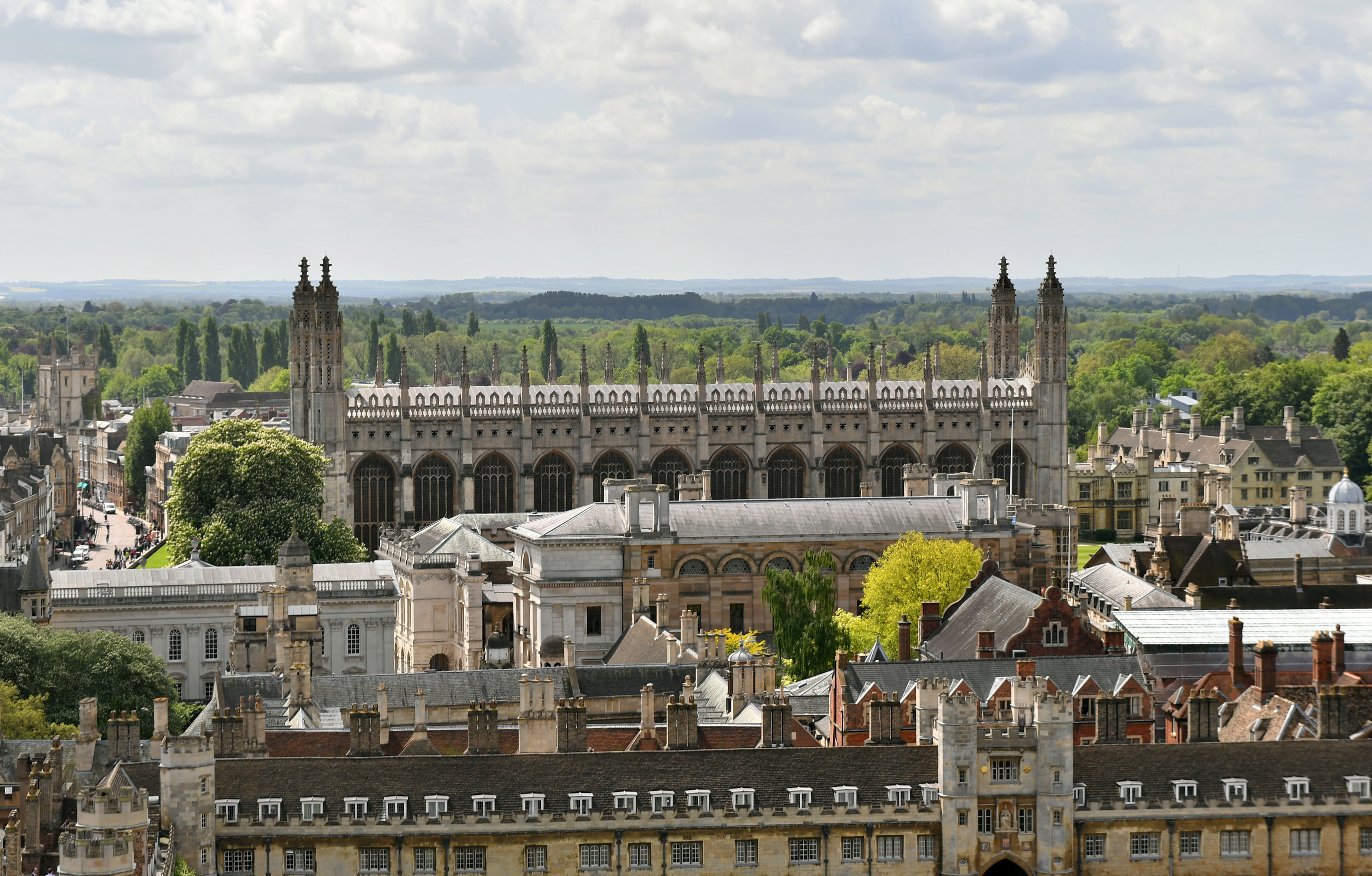Cambridge University received ‘significant benefits’ from slavery, inquiry finds
The inquiry, set up by the university in 2019, found that Cambridge benefited financially from the slave trade.

Your support helps us to tell the story
From reproductive rights to climate change to Big Tech, The Independent is on the ground when the story is developing. Whether it's investigating the financials of Elon Musk's pro-Trump PAC or producing our latest documentary, 'The A Word', which shines a light on the American women fighting for reproductive rights, we know how important it is to parse out the facts from the messaging.
At such a critical moment in US history, we need reporters on the ground. Your donation allows us to keep sending journalists to speak to both sides of the story.
The Independent is trusted by Americans across the entire political spectrum. And unlike many other quality news outlets, we choose not to lock Americans out of our reporting and analysis with paywalls. We believe quality journalism should be available to everyone, paid for by those who can afford it.
Your support makes all the difference.An inquiry into Cambridge University’s historical links with the slave trade has concluded that the institution received “significant benefits” from slavery.
The investigation, carried out by the Legacies of Enslavement Advisory Group, found that the university and its colleges benefited from companies that participated in the trade, as well as from individual benefactors, and from fees derived from the families of plantations.
The Legacies of Enslavement Advisory Group was appointed in 2019 by Vice-Chancellor Professor Stephen J Toope.
Following its investigation, the group has made a series of recommendations, which the university has committed to implementing.
These include setting up a dedicated slavery research centre, enhancing existing academic links with universities in the Caribbean and West Africa, increasing the number of postgraduate scholarships and bursaries for black British students and students from Africa and the Caribbean, and commissioning a piece of art commemorating the achievements of black academics in the university.
Professor Toope said the report has helped the university better appreciate the nature of its links with the slave trade.
“A university as long-established as Cambridge would inevitably have benefitted from what was, until the 19th century, a widely accepted system of exploitation,” he said.
“This report helps us better appreciate the nature of those links. It also offers a glimpse into some of the ways in which, as a provider of education, the University played a role in promoting some of the ideas that underpinned the practice of enslavement.”
The news comes after Jesus College’s campaign to remove a memorial plaque to Tobias Rustat, a college benefactor and investor in the slave trade, from its chapel.
The college fought the Church of England in a consistory court case in February to remove the memorial to an alternative space, but ultimately lost the case.
While Clare College Cambridge renamed its accommodation from “The Colony” to Castle Court as the nickname for the accommodation did not “reflect the values of the college”.